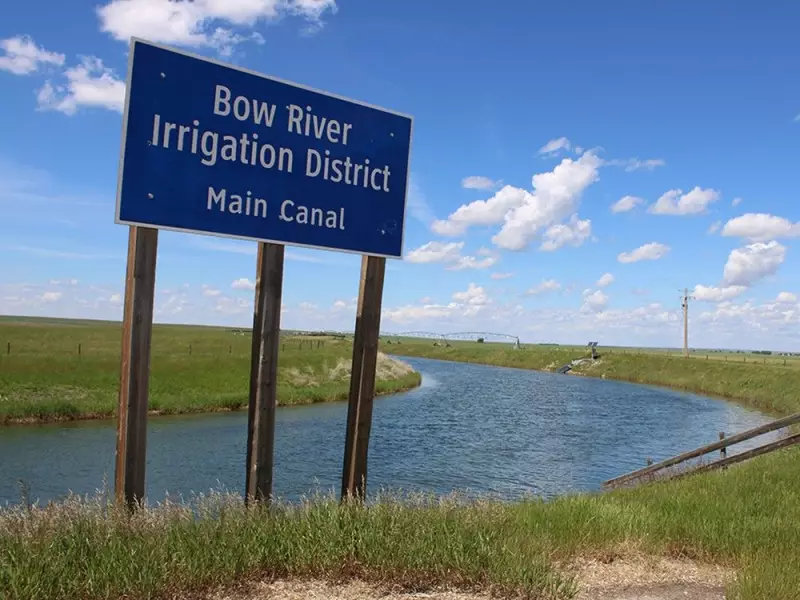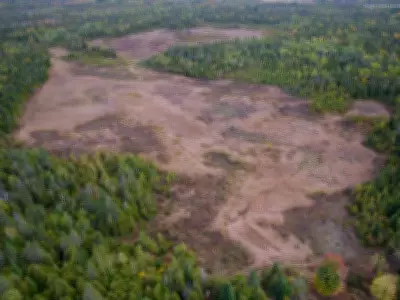
The Alberta government is proposing the most significant overhaul of provincial water rules in decades, setting the stage for a major battle over one of the province's most precious resources. The proposed changes to Alberta's Water Act would fundamentally reshape how water licenses are allocated and transferred across the province.
What's Changing in Alberta's Water System?
The cornerstone of the proposed legislation involves moving from the current "first in time, first in right" system to a more flexible market-based approach. This would allow water license holders to sell or lease their unused allocations to other users—a dramatic shift from current restrictions.
Environment Minister Rebecca Schulz defends the changes as necessary modernization. "What we're doing is making sure that we have a water management system that is modern, that is flexible," she stated, emphasizing that the reforms would help Alberta manage water more effectively during drought conditions.
Opposition Sounds Alarm Bells
Environmental groups and opposition parties are raising serious concerns about the potential consequences. Critics worry that creating a water market could lead to speculation and make water access unaffordable for smaller users, particularly agricultural operations.
"This is essentially creating a stock market for water," warned one environmental advocate. "Once you put a price on water and allow it to be traded, you're fundamentally changing its value from a public resource to a private commodity."
Key Concerns Include:
- Potential for water speculation driving up costs
- Impact on small farmers and rural communities
- Environmental consequences of water being moved between basins
- Lack of Indigenous consultation in the process
Industry Groups See Opportunity
Meanwhile, industrial and agricultural organizations are largely supportive of the proposed flexibility. Oil and gas producers, irrigation districts, and large-scale agricultural operations argue that the current system is too rigid, especially during water shortages.
"The ability to transfer water allocations could be crucial during drought years," explained a representative from the agricultural sector. "It allows water to move to where it's most needed and valued, rather than sitting unused."
The Drought Context
The proposed changes come as Alberta faces increasingly severe drought conditions. Multiple river basins across the province are experiencing water shortages, making water management a critical issue for the government.
Minister Schulz emphasized that the reforms are designed to help Alberta "better respond to drought" by creating more flexibility in the system. However, critics question whether market mechanisms are the right approach to managing a resource essential for life.
What Happens Next?
The proposed legislation is expected to be introduced in the coming legislative session. The government has committed to further consultations, but the battle lines are already drawn between those who see water as an economic commodity and those who view it as a public trust.
As one policy analyst noted, "This isn't just about changing regulations—it's about changing how Albertans think about water itself. The decisions made now will shape water management in the province for generations to come."





